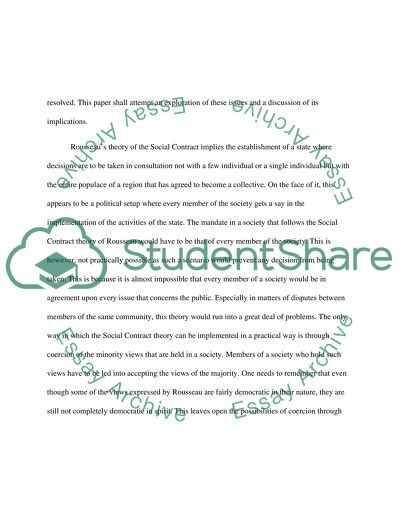Cite this document
(“The Role of Violence in Machiavelli's The Prince and Rousseau's Social Essay”, n.d.)
Retrieved from https://studentshare.org/history/1437369-discuss-the-role-of-violence-in-machiavelliyies
Retrieved from https://studentshare.org/history/1437369-discuss-the-role-of-violence-in-machiavelliyies
(The Role of Violence in Machiavelli's The Prince and Rousseau'S Social Essay)
https://studentshare.org/history/1437369-discuss-the-role-of-violence-in-machiavelliyies.
https://studentshare.org/history/1437369-discuss-the-role-of-violence-in-machiavelliyies.
“The Role of Violence in Machiavelli's The Prince and Rousseau'S Social Essay”, n.d. https://studentshare.org/history/1437369-discuss-the-role-of-violence-in-machiavelliyies.


